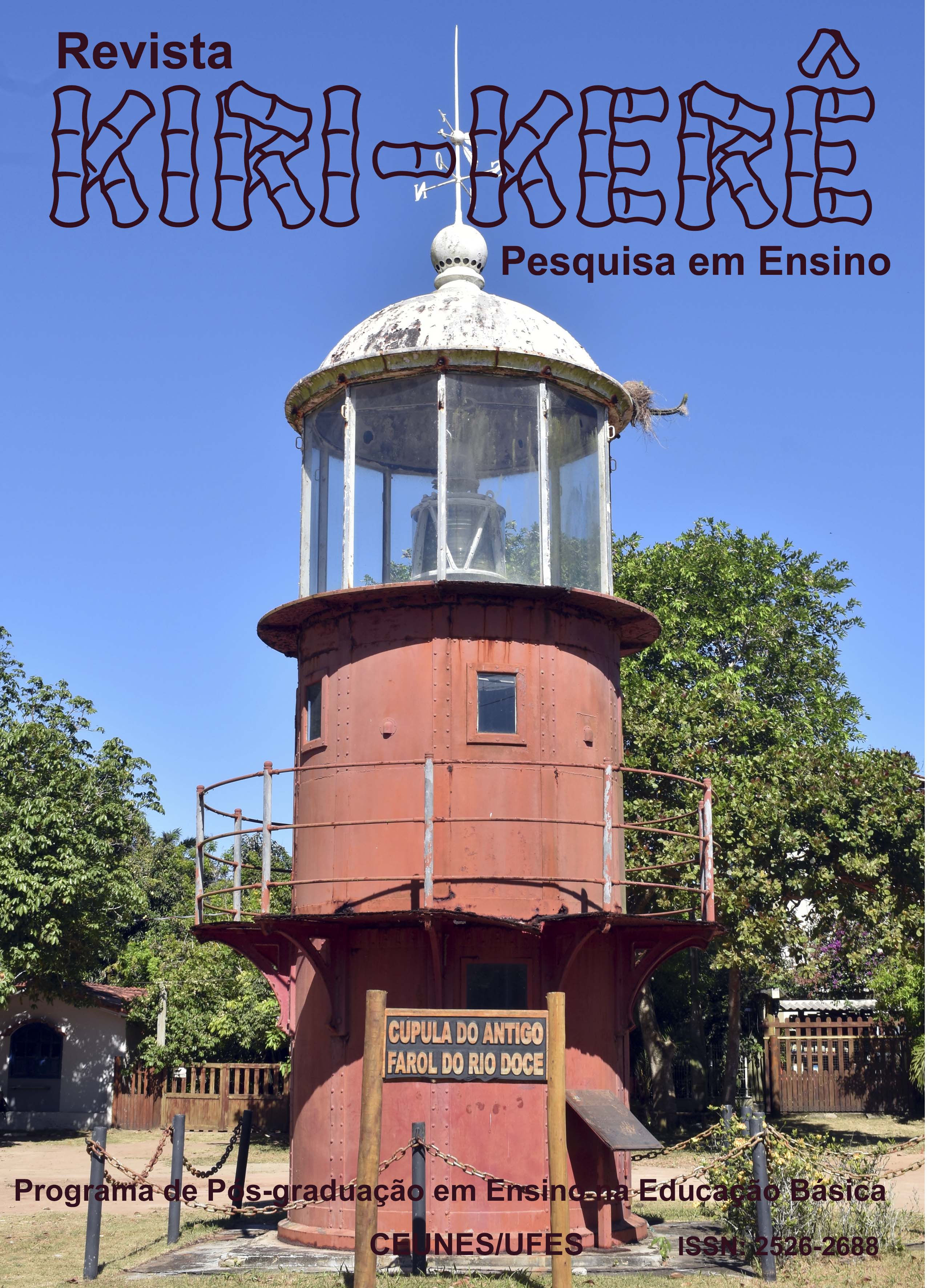Educational Robotics
Scientific Training and Protagonism in Elementary Education Post-Pandemic
Keywords:
educational robotics; interdisciplinarity; protagonism; scientific and technological literacy.Abstract
The growing development of digital technologies is unquestionable, as they are present in all sectors of society and, obviously, at school. We discuss here the ease with which students use digital technologies and some possibilities for including these resources in school, with the teacher as mediator. This insertion is addressed in this work through the report of an interdisciplinary educational robotics project, developed with students in the 6th year of the second segment of elementary school, in a school located on the outskirts of the city of Niterói, Rio de Janeiro. The project was designed and implemented in the post-Covid-19 pandemic period, but still in isolation, when students were supposed to return to school and were afraid of returning. The Action Research methodology was used to develop the research. The project stages range from the initial problematization, through research into the disease, statistical data collection and ending with a robotics workshop. Several areas of knowledge were worked on during the mentioned steps. The immediate result of the project was a robot called Xô-Covid! which had a dispenser with alcohol and captions about the disease, circulating around the School. The robot was presented at the National Robotics Exhibition and participating students received Junior Scientific Initiation scholarships. It is concluded that the project contributed to student protagonism and scientific and technological literacy of students; Teachers, in turn, must be permanently in training, so that innovative projects can be proposed, developed and implemented.
Downloads
References
BROWN, A.; DOWLING, P. Doing research/reading research: a Doing research/reading research mode of interrogation for teaching. Londres: Routledge Falmer, 2001.
CHASSOT, A. Alfabetização científica: questões e desafios para a educação. Ijuí: Editora Unijuí, 2000.
CONTRERAS, J. A autonomia de professores. São Paulo: Cortez, 2012.
FREIRE, P. Pedagogia da autonomia: saberes necessários à prática educativa. São Paulo:Paz e Terra, 1996.
FURIÓ, C.; VILVHES, A.; GUISASOLA, J.; ROMO, V. Finalidades de La Enseñanza de Lãs Ciências em La Secundaria Obligatoria. Enseñanza de lãs ciências, v. 19, n°3, p. 365-376, 2001.
LÉVY, P. Cibercultura. São Paulo: Editora 34, 1999.
MOREIRA, A. F. (org). Currículo: questões atuais. Campinas, São Paulo: Papirus, 1997.
MOREIRA, M. A. A teoria da aprendizagem significativa e sua implementação em sala de aula. Brasília: Editora da UnB, 2006.
PRENSKY, M. Digital Natives Digital Immigrants. In: PRENSKY, Marc. On the Horizon. NCB University Press, Vol. 9 No. 5, October (2001a). Disponível em http://www.marcprensky.com/writing/. Acesso em: 26 dez 2022.
PIMENTA, S. G. As ondas críticas da didática em movimento: resistência ao tecnicismo/neotecnicismo neoliberal. In: SILVA, M. ; NASCIMENTO, O. C.; ZEN, G. C. (orgs.). Didática: abordagens teóricas contemporâneas. Salvador: EDUFBA, 2019, p. 19-64.
VYGOTSKY, L. S. A formação social da mente. São Paulo: Martins Fontes; 1984.
Downloads
Published
Issue
Section
License
Copyright (c) 2024 Evelyn de Souza Crespo Lima, Maria Beatriz Dias da Silva Maia Porto, Maria Beatriz Dias da Silva Maia Porto

This work is licensed under a Creative Commons Attribution-NonCommercial 4.0 International License.
The authors accept, when sending their works, the assignment of their copyrights.

